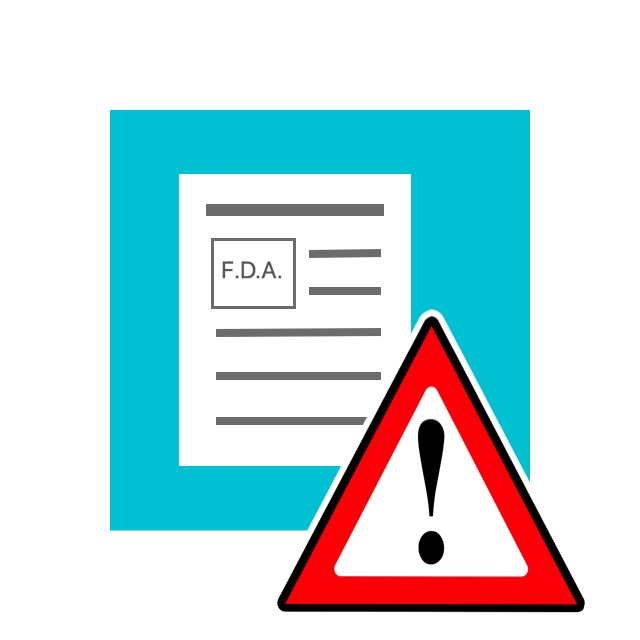A small study being presented at the AAAAI/WAO Joint Congress demonstrated that most patients who were not able to tolerate high maintenance doses of peanut oral immunotherapy, and instead took lower doses, were still able to pass oral food challenges.
READ ARTICLE HIDE ARTICLE
A small study being presented at the AAAAI/WAO Joint Congress demonstrated that most patients who were not able to tolerate high maintenance doses of peanut oral immunotherapy, and instead took lower doses, were still able to pass oral food challenges.
Orlando, FL - Oral immunotherapy (OIT) is a treatment that could potentially help peanut allergic patients achieve desensitization, but some patients are unable to tolerate maintenance doses that are large enough to facilitate unlimited peanut consumption.
When patients are able to tolerate the target maintenance dose of 3,000 mg (equivalent of 10 peanuts), they are considered to be able to consume any amount of peanuts without severe reactions. Israeli researchers presenting their findings at the 2018 American Academy of Allergy, Asthma & Immunology (AAAAI) and World Allergy Organization (WAO) Joint Congress have discovered that patients who can only tolerate lower maintenance doses also have the potential to become fully desensitized.
145 Patients in the study underwent peanut OIT. Their initial tolerated dose was established in a hospital setting and patients were instructed to consume the dose every day at home.
“The doses were gradually increased on a monthly basis as patients were able to tolerate more peanut protein,” said author Arnon Elizur, MD. “Eleven patients, ranging from 6 to 19 years-old, were unable to reach the target maintenance dose and were placed on lower maintenance doses of peanut protein, as tolerated.”
Patients were treated for three to thirteen months before their maintenance dose of 600-1,500 mg of peanut protein, was determined. In that span, five of the 11 patients experienced reactions during the home treatments including one reaction that required the use of an epinephrine auto-injector.
Following a period of 6 to 68 months of low maintenance dose consumption, patients were given an oral food challenge of 3,000 mg of peanut protein. All but one patient successfully passed the challenge. The only patient not to pass the challenge was on the lowest maintenance dose of the group at 600 mg and reacted to 2,100 mg of peanut protein.
Eight out of the 11 patients reported full compliance to the daily dose consumption, while three patients occasionally stopped treatment for greater than a week.
“A small portion of patients will not be able to reach the 3,000 mg target maintenance dose,” said Elizur. “However, this study shows that even lower doses, are not only protective against severe reactions in the case of accidental exposure to peanut, but also can enable free peanut consumption long-term.”
For more information on
food allergy
or to
find an allergist near you
, visit
aaaai.org
. Research presented at the AAAAI/WAO Joint Congress, March 2-5 in Orlando, Florida, is published in an
online supplement to The Journal of Allergy and Clinical Immunology, an official journal of the AAAAI
.
The American Academy of Allergy, Asthma & Immunology (
AAAAI
) represents allergists, asthma specialists, clinical immunologists, allied health professionals and others with a special interest in the research and treatment of allergic and immunologic diseases. Established in 1943, the AAAAI has more than 7,000 members in the United States, Canada and 72 other countries. The AAAAI’s
Find an Allergist / Immunologist
service is a trusted resource to help you find a specialist close to home.
The World Allergy Organization (
WAO
) is an international alliance of 97 regional and national allergy, asthma, and immunology societies. Through collaboration with its Member Societies WAO provides a wide range of educational and outreach programs, symposia and lectureships to allergists/immunologists around the world and conducts initiatives related to clinical practice, service provision, and physical training in order to better understand and address the challenges facing allergists/immunologists worldwide.
Additional Information
Food Allergy Symptoms, Diagnosis, Treatment & Management »
Learn More from AAAAI





